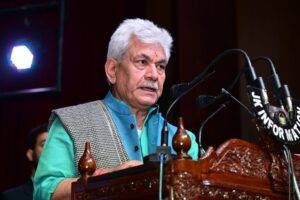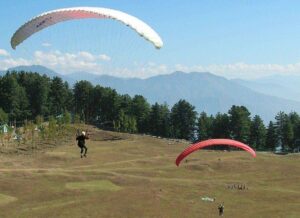Last Updated on March 1, 2021 at 6:50 pm
These “Sticky bombs” are capable of attaching to vehicles and can be detonated remotely. These have been seized during raids in recent months in Jammu and Kashmir. Kashmir Valley police chief Vijay Kumar said that these are small IEDs and quite powerful.
A senior security official said that none of the devices which was seized in Kashmir was produced there. So, there are possibilities that they were being smuggled from Pakistan. All of these devices have come via drone drops and tunnels. Pakistan has been backing the insurgency in Kashmir, which has caused killings of tens of thousands of lives since the 1990s.
Officials said that these bombs have become a cause of concern as they can be easily attached to vehicles using magnets. Terrorists can use these bombs to carry out assassinations or target military convoys that regularly pass through the valley.
Back in February 2019, a suicide bomber drove a car that was filled with explosives into a convoy in Kashmir’s Pulwama. This attack caused the death of 40 soldiers. It was the deadliest attack on Indian forces in the region and it bring India and Pakistan close to another war.
Police chief Kumar said that security forces are making changes in their way of working to deal with the new threat. This includes maintaining more distance between private and military traffic and setting-up more cameras on vehicles and making use of drones to monitor convoys.
A major difference between terrorists in Kashmir and Afghanistan is that the Taliban has a greater ability to move around in urban and rural areas. Since they have easier access to explosives, it makes the bombs a potent threat.



